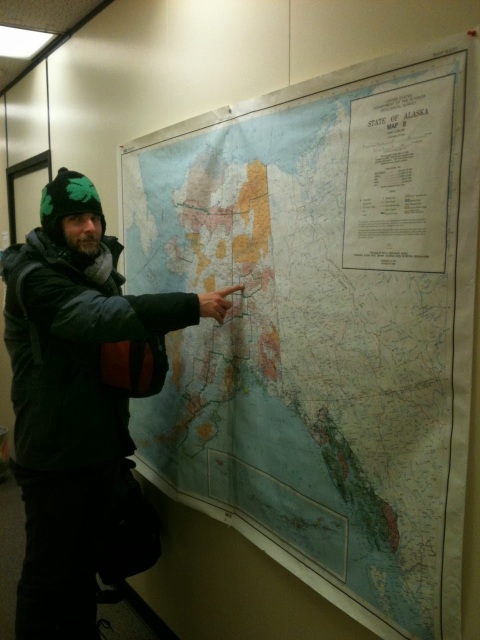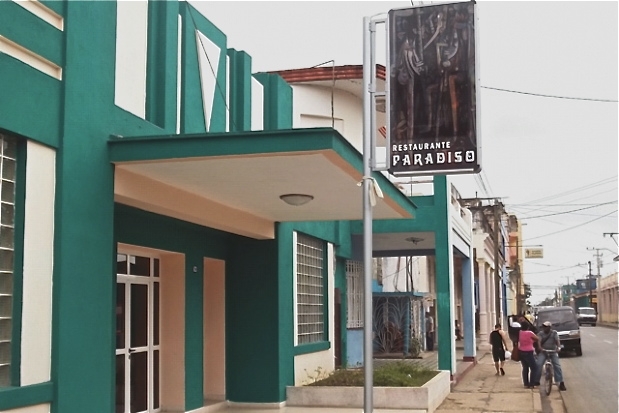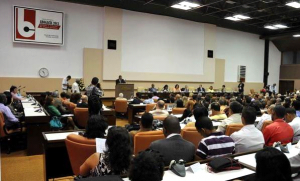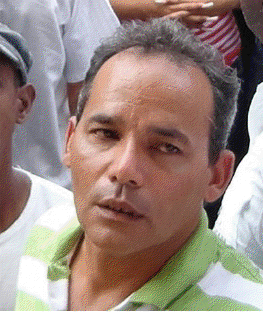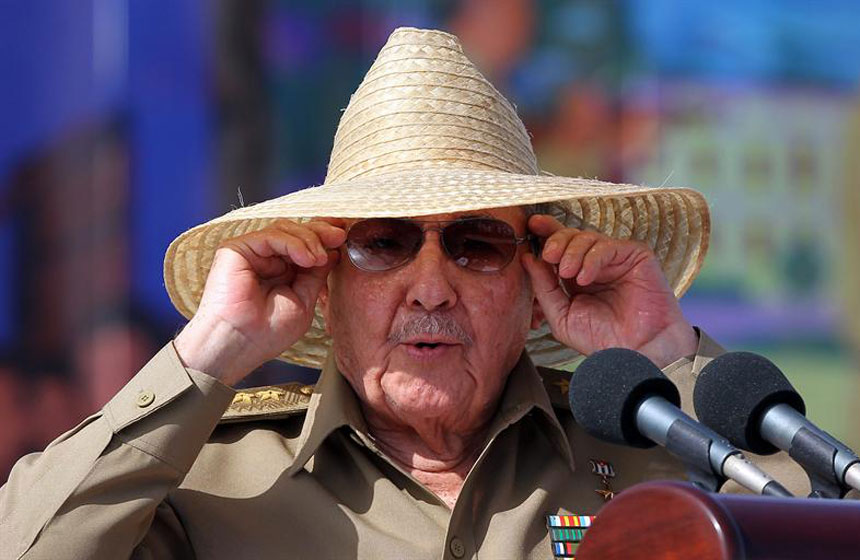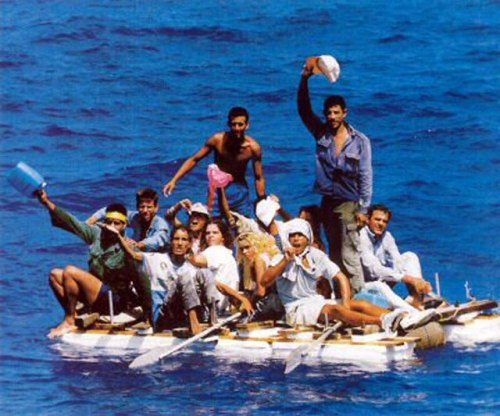
Like every self-respecting homeland, ours is a cruel cemetery. One by one we go diminishing the men and women who marked history, those who really shone in Cuba’s history with an intensely personal light, a history of the heart that hurts and hardly forgets: the intimate history of the soul of what a nation has lived, a whispering and secret dream. Not that other shouted demagogue, half combative and half mini-populist, that’s even accented with “Revolution” for a mafia-like elite, an amazing alloy of barbaric foundational peasants and last-minute upstart bourgeoisists.
Like every self-respecting totalitarianism, we had strict schedules, which would still be retained throughout the country if not for the fact that socialism had the late decency to kill itself, never to sprout again. At least not in Cuba. And one of those schedules involved the dawns of the saddest Sundays in the world, Sundays lost forever on an Island that now only exists in our imagination which fades them out one at a time. You know, I’m talking about the Silent Comedy, by Armando Calderón.
Never said better, because the Silent Comedy didn’t even remotely match the longevity of Charlot of the 1910s with the First National, the Keystone Comedy Film or the Mutual Film Corporation. Nor the classics of Buster Keaton, nor much less El Gordo y el Flaco, among other silent geniuses still anonymous in my infantile ignorance which never grew up. The Silent Comedy we attended, marveling, in that disappeared Cuba, on our soviet TVs with horrendous quality, was a work and a grace of its unique author, a man in suit and tie named Armando Calderón, sometimes with a primitive digital watch puncturing his side.
The “man of 1000 voices” really had many more than a thousand. His vocal range, of a scarce phonic shade, was incredibly endless. With his unique bipolar register of damsel in distress or a freed thug, this old man never narrated with the same voice twice in one episode, which he edited almost randomly, manipulating the tapes that were rotting in the archives of a system that had the money to make a soldier babble in heaven, but not to take care of the treasure that is universal patrimony.
To top talent when compared to today, where no Cuban speaker is able to speak a phrase without reading it in an overacting way (the worst example of which would be the simian Serrano hired by NTV), Armando Calderón recorded his madness live, the jeering at merengues and old cars among the neighbors of the Calle de la Paz, the languid art-nouveau girlfriends, the rascals and policemen, all an anachronistic chronicle of that utopia called the United States of America, nothing less than a little despotic country where single-party communism sanctions you forever if “you maintain correspondence with family abroad” and you don’t confess it in every professional or academic interrogation.
Every Sunday, like in the song by Carlos Varela, the sun rose in another city. A poverty-stricken city like once-ruralized Havana, but where even the sense of film adventure allowed us to breathe. Our gods, like in another song by the same folk singer, were Charles, Cara de Globo, Soplete, Barrilito and Barrilón, the fat Matasiete, Pellejito, the Conde de la Luz Brillante and the inevitable charleston.
Armando Calderón wasted himself away before our eyes and we didn’t realize it. He howled, rattled tin plates and bottles, blew his harmonica and sometimes only the air of a siren, rattled fences that had collected in some project, shot gang-gang shots, feigned breaths of orgasms before anyone in his pipsqueak audience had had one, clicked his practiced tongue at all kinds of trades of republican capitalism, while his everlasting suit wore itself out and his tie hung like a bad hangman’s noose.
Our Renaissance gentleman who made himself a ringbolt on camera, lacked the British funding for the future series The Storyteller, but nevertheless, in terms of creative motivation, he had nothing to crave. Still, the most mediocre and repressive of the Cuban cultural institutions, one which, from the beginning, put its antennas in the hands of the Chief Hegemon of our History, gave itself the luxury of sanctioning him more than once, perhaps so he would finally mummify himself and depart to grieve in silence, which this dumb magician was responsible for.
His era had technically ended: color transmission in Cuba was beginning, after a humiliating delay for the #2 nationwide television program in America. Being dumb teenagers, we could no longer tolerate another second of even the best film photography.
Whether it was the alcoholifan at the bar or cancer in his vocal cords after decades of force, we simply did not realize his metamorphosis. The owner of our local divine Comedy watered himself down to one of his dead characters throughout almost a century, but life then was eternal for my generation, and the destiny of the early Sunday morning wasn’t important to us, not a shred to his beloved lovers.
Listen to the silence of the bugle.
18 November 2013


